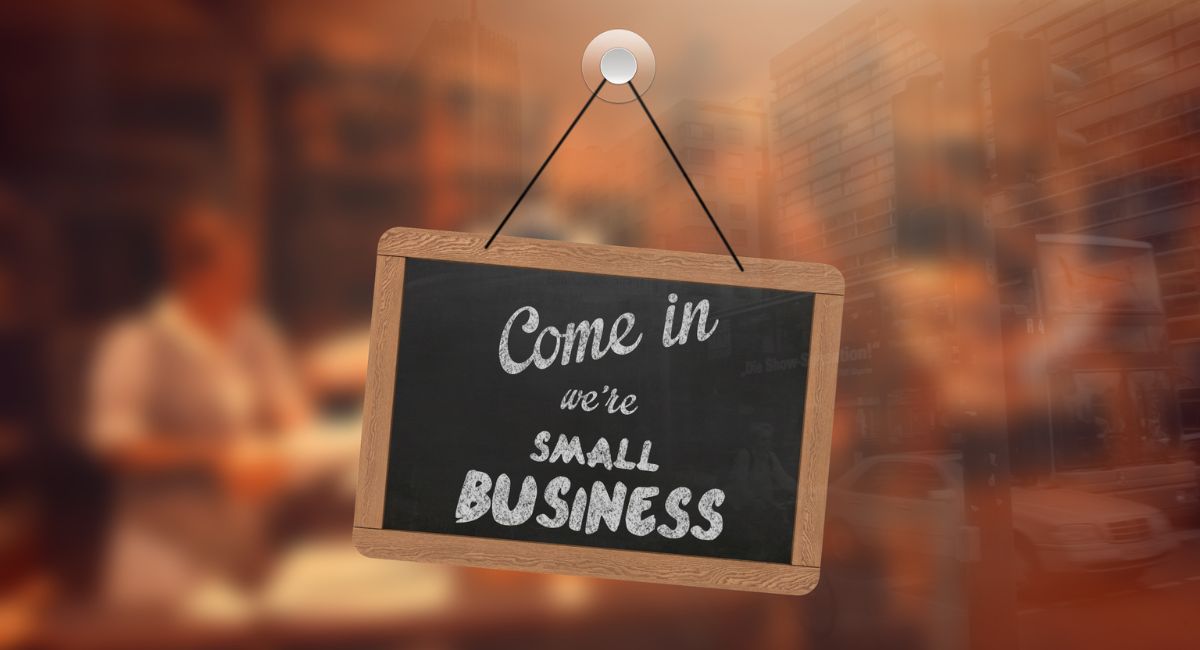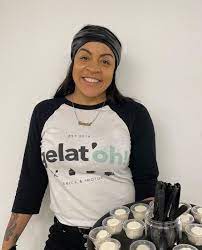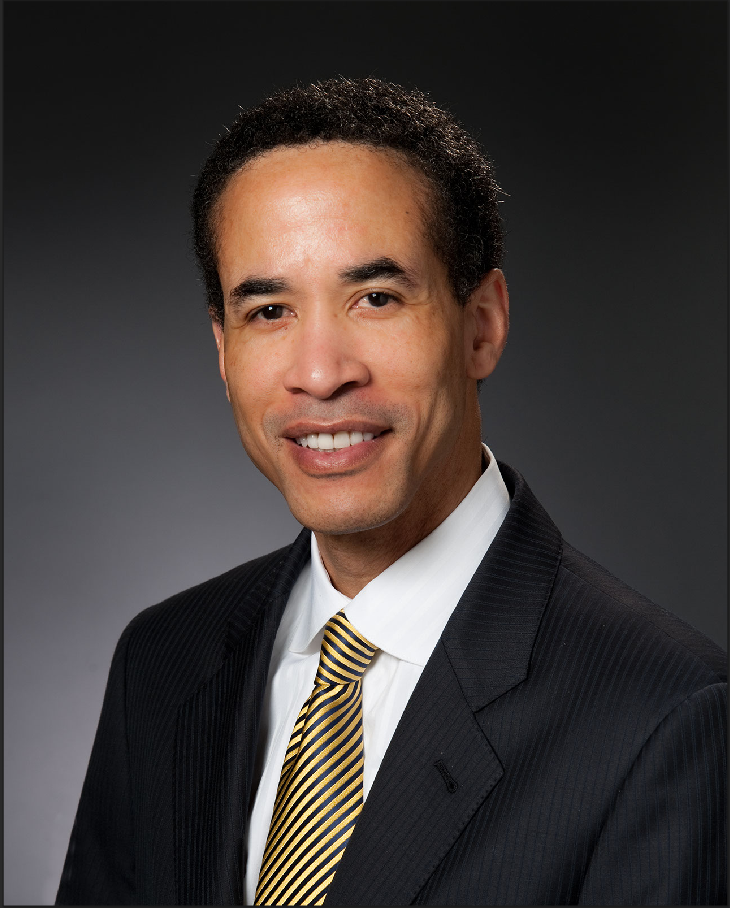Sen. Mark Warner, D-Virginia and co-chair of the Community Development Finance Caucus, joined a venture capitalist, a community leader, and a young entrepreneur July 14 to lay out the challenges and solutions for starting and growing small businesses in a post-Covid 19 environment.
Over 33 million small businesses make up about 99.9% of businesses in the US, and employ almost half of its workforce. During the Covid-19 pandemic, 40% of Black and Latino-owned businesses shut down, many permanently.
Community Development Finance Institutions — CDFIs — were one of the keys to recovery, said Warner. “In a strange bedfellows kind of moment, I partnered strongly with then-Secretary Steve Mnuchin of the Trump administration during the COVID-19 pandemic to try to get a lot of capital into our minority depository institutions,” he said, at the news briefing organized by Ethnic Media Services. Warner and Mnuchin were able to distribute $12 billion in funding through CDFIs, Minority Depository Institutions — MDIs — and Tier 1 capital through a Treasury Department initiative known as the Emergency Capital Investment Program.
“Access to capital is a hugely important issue,” said Warner, noting that many minority entrepreneurs do not have relationships with banks to allow them to successfully apply for loans.
Gelat’OH!
Entrepreneur Sierra Georgia encountered this very issue as she tried to expand her small business, Gelat’OH, based in Washington DC. “Like a lot of small business owners like myself, this started with just a team of one and it’s still not that much bigger than that,” she said.
Like a lot of women of color who want to start a business, Georgia did not own a house she could mortgage to raise capital. She got funding through a CDFI, but only received half of what she needed to expand her business. So she raised money through SMBX, a small business bonds marketplace connecting small businesses to local investors.
“It’s a real bond offering. If you donate to somebody’s GoFundMe you’ll never see that money again, but if you buy a Gelat’OH bond, you get 11% back on your money in 2 years. It’s a way to bring wealth back to the community and empower small business owners,” said Georgia, who raised $25K in four days via SMBX.
Empowering Black America
“As President Calvin Coolidge said, ‘the business of America is business,’” said Charles Phillips, co-founder of the Black Economic Alliance, who served on President Barack Obama’s Economic Recovery Board. “This is what generates a lot of wealth in our country and makes us different from other countries.”
“We have a lot of entrepreneurs who build businesses and build wealth and support their families. And they support their families that way and pass that down to their families. And so we laud entrepreneurs in this country as we should because it’s one of our big differentiators.”
“But not everybody has access to actually building a business,” said Phillips, citing a 2020 survey by the management consulting firm McKinsey which found most black families didn’t know anyone who could lend them $3,000 if they wanted to start a business.
Phillips is involved with the Center for Black Entrepreneurship on the campus of the historically black colleges Morehouse and Spelman, to train young entrepreneurs to be good business people.
The good news is, entrepreneurship is alive and well in the black community. “If you look at the last 5 years, it’s been growing about 34% on average, the fastest growing sector of the economy for new business formation. But they need more capital and training and access to these relationships,” said Phillips.
Warner noted that one of the fastest-growing segments of entrepreneurship are businesses owned by Black women.
Sexism Still Prevails
Shernaz Daver, Chief Marketing Officer at Khosla Ventures and a 35-year veteran of the tech industry, said the playing field is not level for women who want to start up and grow businesses.
Daver relayed some of the experiences her acquaintances shared with her as they were trying to raise funding. “’I went to fundraise and was not taken seriously because I was a sole woman founder until I found a male co-founder.’ That probably resonates with a few of you,” she told reporters, many of whom had founded their news outlet.
“I went to get venture funding and I was asked when I was going to have kids. No guy was ever asked that. I was told I was too aggressive in my financial projections, yet when my male partner presented it, he was seen as confident,” Daver said, sharing the experiences of her acquaintances.
Importance of STEM Education
“I have been in the industry for over 35 years and I heard the same thing 35 years ago. So it’s kind of bad. And if you’re black or Hispanic, it gets worse,” said Daver, noting that only 2% of VC dollars go into women-led founders. “It needs to change. Access to capital is key,” she said.
A lot of women are starting up their own investment firms, focusing on funding businesses that support women’s needs, said Daver. She noted that a lot of women-led startups are coming out of the biotech industry. “If you have the ability or the inclination to get into STEM or into biology, do it.”
“I have to believe the world is changing and we will continue to change it if we all do it as a community. And I think if we do that, we can have our own woman Steve Jobs or our own woman Jack Ma,” said Daver.
LIFT Act
Warner also spoke about the LIFT Act he had introduced a day earlier. The legislation would help first-time, first-generation home buyers — predominantly Americans of color — build wealth much more rapidly by offering a 20-year mortgage for roughly the same monthly payment as a traditional 30-year loan. “This effectively doubles the amount of equity that you accumulate in the first 10 years,” said Warner, noting that, for most Americans, their biggest asset is their home.
















